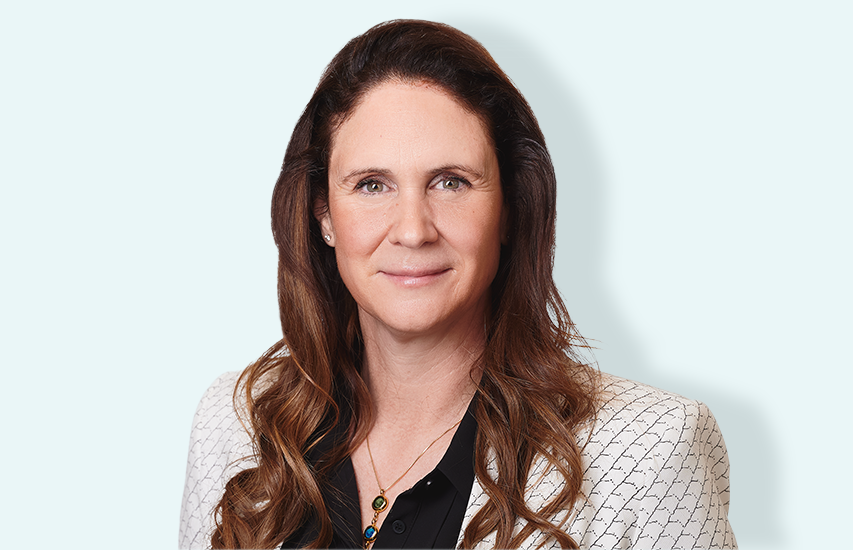Goodwill and good process will help prevent turmoil
The time following a separation can be highly emotional – for you and your spouse or partner, and for your children.
In this fraught environment, disputes can easily arise about the day-to-day care arrangements for your children or other vital issues such as where they will live, schooling, medical care, religious/cultural choices and so on. These are formally called guardianship matters.
In cases where the children are safe in their respective parent’s care, there are numerous ways in which care arrangements can be resolved and guardianship decisions made, without the need to involve the Family Court. A co-parenting relationship extends well beyond the uncertain period following a separation.
The best case scenario? Parents agree to ongoing care arrangements and guardianship matters between themselves and cooperatively focus on what is in the best interests of their children.
These best case scenarios, however, are not always possible, especially when disputes arise at a sensitive or acrimonious time for separating parents.
Can’t reach agreement?
What happens if parents cannot agree? Either parent can initiate the Family Dispute Resolution (FDR) process:
- This is a mediation service, without lawyers, that deals specifically with care and guardianship disputes
- A mediator is assigned to work with both parents, individually and/or collectively, to achieve an agreement, and
- If agreement is reached, this can be documented in a mediated agreement.
If parents cannot reach agreement from the FDR process, then either parent can pursue the matter through the Family Court. Importantly, FDR is a prerequisite to attend the Family Court, unless there are urgent concerns for a child.
Some parents rely on third party assistance:
- In many instances, parents can reach agreement after receiving (and following) advice and guidance
- Using a third party can give conflicting parents an objective perspective, particularly at such an emotional time, and
- Such support can be obtained through lawyers, counsellors and/or personal support networks such as family and/or friends.
Formalising the arrangements
Once you’ve reached agreement, some parents like (or it may be necessary) to have their children’s care arrangements formalised. This can be done with a parenting agreement; this document outlines the specific care arrangements and/or relevant guardianship provisions for children that both parents sign and (should) adhere to.
Alternatively, parents can consent to the terms of their agreement with a parenting order; this is a court-sealed document that collates the agreed terms and can be enforced if there are unconsented breaches.
Whatever the care provisions, it is in a child’s best interests for arrangements to be tailored to their age, stage and needs. Such arrangements should evolve with each child’s needs and stages and be regularly reviewed. Lawyers and counsellors who specialise in family and child disputes are often well equipped to provide advice on age appropriate arrangements and options.
Last resort is the Family Court
A Family Court hearing can be an expensive process – not only financially, but it can also take a significant toll emotionally and on the time of both parents, their children and their support networks. It also involves placing the decision regarding your children in the hands of a third party, the judge.
Obviously, having the parents cooperate and reach agreement is always going to be the best outcome for a family. However, there will be some situations where using the Family Court is necessary and preferred, such as when parents cannot reach agreement, where there are safety concerns for a child in either (or both) parents’ care or if urgent intervention is required (for example, preventing a child from being taken out of New Zealand).
If you are separating and need guidance about arrangements for your children, it’s important to get advice from a specialist family lawyer. Please don’t hesitate to contact our specialists if this happens to you.
This article was written by our very own Ellen Snedden. With over 10 years' experience in this area of law, Ellen is the ideal contact to support and protect your family.
Disclaimer: All the information published in Fineprint is true and accurate to the best of the author’s knowledge. It should not be substituted for legal advice. No liability is assumed by the authors or publisher for losses suffered by any person or organisation relying directly or indirectly on this newsletter. Views expressed are the views of the authors individually and do not necessarily reflect the view of this firm. Articles appearing in Fineprint may be reproduced with prior approval from the editor and credit being given to the source.
Content Copyright © NZ LAW Limited, 2023. Editor Adrienne Olsen, e. adrienne@adroite.co.nz m. 029 286 3650



